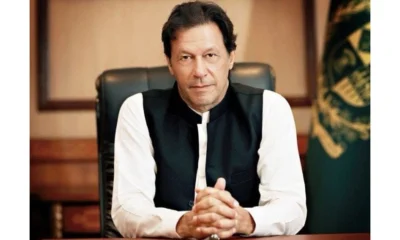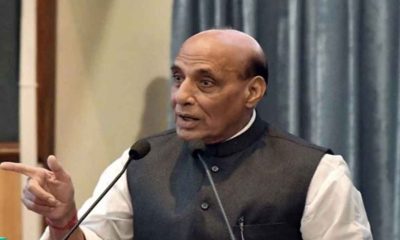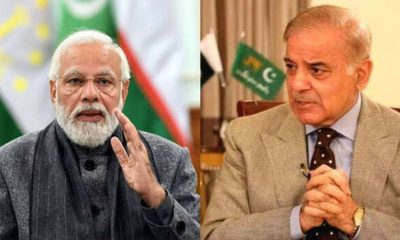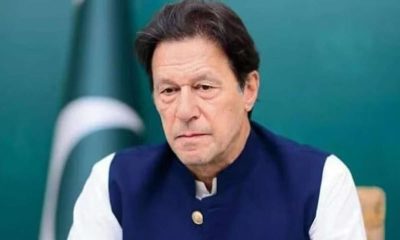Latest world news
Pakistan military offers to cut defence budget amid severe financial crisis

Latest world news
Canada softens stance on alleged Indian interference ahead of PM Carney’s India visit
Canada appears to ease its earlier allegations of Indian interference as PM Mark Carney heads to India to strengthen trade and strategic ties.
Latest world news
PM Modi reaffirms support for Israel, recalls 26/11 victims in Knesset address
Addressing Israel’s parliament, PM Narendra Modi reaffirmed India’s support for Israel, condemned terrorism, and recalled the 26/11 Mumbai attacks.
Latest world news
India eyes Rs 8,000 crore mid-air refuelling aircraft deal as PM Modi begins Israel visit
India and Israel are in talks for a Rs 8,000 crore deal to convert six Boeing 767 jets into mid-air refuelling aircraft for the Indian Air Force.
-

 Latest world news24 hours ago
Latest world news24 hours agoTrump says tariffs will replace income tax, criticises Supreme Court setback in key address
-

 Latest world news24 hours ago
Latest world news24 hours agoPM Modi to begin two-day Israel visit, defence and trade in focus
-

 India News24 hours ago
India News24 hours agoShashi Tharoor questions Centre over Kerala name change to Keralam
-

 India News15 hours ago
India News15 hours agoMK Stalin predicts frequent PM Modi visits to Tamil Nadu before assembly election
-

 Latest world news15 hours ago
Latest world news15 hours agoIndia eyes Rs 8,000 crore mid-air refuelling aircraft deal as PM Modi begins Israel visit
-

 Latest world news31 mins ago
Latest world news31 mins agoPM Modi reaffirms support for Israel, recalls 26/11 victims in Knesset address
-

 Latest world news23 mins ago
Latest world news23 mins agoCanada softens stance on alleged Indian interference ahead of PM Carney’s India visit
-

 India News12 mins ago
India News12 mins agoPM Modi crosses 100 million followers on Instagram, first world leader to achieve milestone














